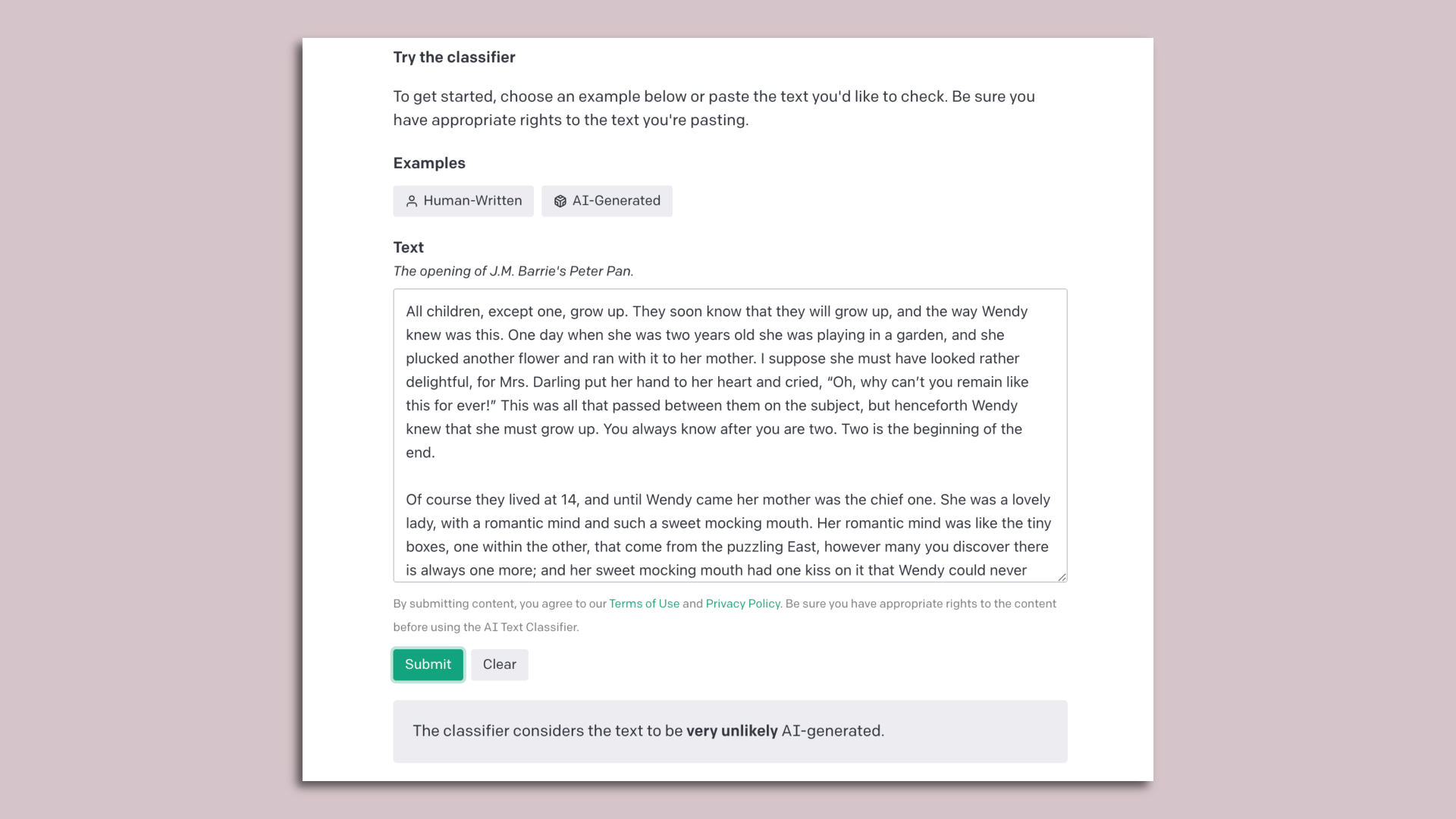| | | | | | | Presented By AlixPartners | | | | Axios What's Next | | By Jennifer A. Kingson, Joann Muller and Alex Fitzpatrick · Feb 02, 2023 | | English, history, and a host of other non-STEM fields are showing signs of a comeback, Jennifer reports today. - Axios is hosting our second annual What's Next Summit on March 29 in Washington, D.C., spotlighting the innovations, trends and people that are breaking boundaries and shaping our world.
- Interested in attending? Request an invite here.
Today's newsletter is 1,115 words ... 4 minutes. | | | | | | 1 big thing: Humanities revival |  | | | Illustration: Natalie Peeples/Axios | | | | The pro-STEM movement has gutted high school and college humanities programs — but there's some evidence of a post-pandemic revival afoot, Jennifer A. Kingson reports. Why it matters: In academic circles, humanities' decades-long decline is blamed for the proliferation of falsehoods on social media, crass political discourse, the rise in racism and the parlous state of democracy (not to mention our etiolated vocabularies). Driving the news: When the University of California, Berkeley, reported an uptick in humanities majors this academic year, there was elation — and shock — at the prospect of a trend reversal. - The number of first-year Berkeley students declaring majors in the arts and humanities — which includes English, history, languages, philosophy and media studies — was up 121% over last year.
- The number of high schoolers applying to Berkeley with the intention of studying humanities was up 43.2% from five years ago, and up 73% vs. 10 years ago.
- Some other schools — such as the University of Arizona and the University of Washington — have also seen a rise in students declaring humanities majors.
What they're saying: "Students are turning to the arts and humanities as a way to make sense of our current moment," Sara Guyer, dean of Berkeley's division of arts and humanities and director of the World Humanities Report, told the university's news service. What's happening: Some professors, colleges and departments have been trying to boost humanities' popularity by touting their real-world utility. - "We're seeing enrollment increases where there's actual conscious attention to giving the humanities the resources they need to make a case for their value," Paula Krebs, executive director of the Modern Language Association, tells Axios.
- The humanities "have always relied on people understanding the intrinsic value of philosophy, history, English literature and foreign language study, so we haven't made the case distinctly enough to our students for what it does for them after they graduate," Krebs added.
Yes, but: That's starting to change at places like South Dakota State University, where a program in languages "certifies students in ways that are intelligible to employers," Krebs said. - Similarly, at the University of Arizona, "applied humanities" is a new, fast-growing department that includes programs in business administration, fashion studies, game studies and public health.
Reality check: Experts call Berkeley's experience an outlier — but one that's opening a conversation about the value of a liberal arts degree. Between the lines: While it's too soon to say if the students signing up to study humanities will stick with those majors, there has been a noteworthy proliferation of professors and public intellectuals whipping up concern about the state of the field. - Professor James Engell, a stalwart of Harvard University's English department, threw down the glove in a Harvard Magazine essay.
- "By minimizing the arts and humanities, higher education exacerbates the problems confronting society," he wrote.
The bottom line: Schools have been trying to drum up interest in the humanities for years — but this time feels different, with our sensibilities and priorities reshaped by the pandemic, the Capitol insurrection and other paradigm shifts. Share this story. |     | | | | | | 2. ChatGPT or not? |  | | | A screenshot of OpenAI's tool for detecting machine-written text. Image courtesy of OpenAI | | | | ChatGPT creator OpenAI has released a free tool designed to suss out if a particular chunk of text was written by a human or a machine, Axios' Ina Fried reports. How it works: Users copy a chunk of text into a box, and the tool rates how likely it is that the material was AI-generated. - It works best on text samples greater than 1,000 words and in English.
Yes, but: The tool presents "both false positives and false negatives," OpenAI head of alignment Jan Leike told Axios. - Leike cautions that the new tool should not be relied on alone to determine a document's authorship.
The big picture: Concerns are high — especially in education — over the emergence of powerful generative AI tools like ChatGPT. Go deeper: ChatGPT sparks surge of AI detection tools Read the rest. |     | | | | | | 3. Resurrecting the dodo |  | | | Illustration: Tiffany Herring/Axios | | | | Catch up quick: Colossal's efforts to de-extinct species is its splashiest work — but it has also developed innovations for more typical lab work. What they're saying: The dodo, a flightless bird wiped out more than 360 years ago, "is the icon for human-caused extinction," Beth Shapiro, Colossal's lead paleogeneticist, tells Axios. - "By raising the possibility that we can create a functional dodo, we can engage more people in thinking about how these technologies can be applied to address some of the broader issues around avian conservation."
What's next: "Growing humans ex utero, full gestation, I do think at some point that technology is inevitable," Colossal CEO Ben Lamm tells Axios. Yes, but: "We aren't focused on that — we're working on animals." 💬 Alex's thought bubble: Life, uh, finds a way. Read the rest — and sign up for Axios Pro: Climate Deals. |     | | | | | | A message from AlixPartners | | 98% of executives say their business models must change | | |  | | | | The 4th annual AlixPartners Disruption Index surveyed 3K CEOs and senior executives to learn how shifts in the global economy disrupt their companies. Here's why: Disruption has 75% of CEOs anxious that their company isn't adapting fast enough, while 85% don't know where to start. Read the report. | | | | | | 4. 🗺️ Legalization nation |  Data: DISA; Chart: Axios Visuals Minnesota is moving toward becoming the next state to fully legalize recreational cannabis, Axios' Torey Van Oot reports. - A bill moving through the state legislature would green-light smokable cannabis and edibles, plus authorize sales of marijuana-infused products at breweries, liquor stores, supermarkets and through home delivery services.
- Minnesota previously legalized low-THC, hemp-derived edibles for recreational use.
The big picture: As seen in the above map, many states have legalized cannabis — often with programs that prioritize business applications from minority owners or those with previous marijuana convictions. - Legal sales of recreational marijuana just began in New York, for instance, though only a small handful of stores have opened up across the state so far.
Read the story. |     | | | | | | 5. One fun thing: SETI, meet AI |  | | | Illustration: Aïda Amer/Axios | | | | Machine learning could aid scientists in their search for signs of intelligent alien life, Axios' Miriam Kramer reports. Why it matters: Searching for radio signals emitted by technologically advanced extraterrestrial societies requires scanning large portions of the sky with powerful radio telescopes, producing a lot of data scientists need to parse. - Machine learning tools could make that job easier.
Driving the news: A study published in Nature Astronomy this week details the use of an algorithm that helped researchers sift through data previously analyzed in 2017. - The machine learning tool was trained to differentiate radio signals that might originate in distant star systems from human-created sources, such as cell phones and satellites.
- The tool turned up eight new radio signals of interest — possible signs of intelligent extraterrestrial life — within the dataset. Those signals came from five different stars 30 to 90 light-years away.
Yes, but: Brief follow-up observations didn't turn up a repeat signal, and it's still possible the targets were created by chance. Read the rest. |     | | | | | | A message from AlixPartners | | New report: What will disrupt business growth in 2023? | | |  | | | | In a recent survey of 3K CEOs and senior executives, AlixPartners found leaders' greatest areas of concern. The deets: - 46% anticipate staff reductions or hiring pauses.
- 52% cite environmental and social concerns.
- 66% struggle to deploy new tech and digital solutions.
See more report results. | | | | Big thanks to What's Next copy editor Amy Stern. Was this email forwarded to you? Get your daily dose of What's Next by signing up here for our free newsletter. |  | | Are you a fan of this email format? Your essential communications — to staff, clients and other stakeholders — can have the same style. Axios HQ, a powerful platform, will help you do it. | | | | | | Axios thanks our partners for supporting our newsletters.
Sponsorship has no influence on editorial content. Axios, 3100 Clarendon Blvd, Arlington VA 22201 | | | You received this email because you signed up for newsletters from Axios.
To stop receiving this newsletter, unsubscribe or manage your email preferences. | | | Was this email forwarded to you?
Sign up now to get Axios in your inbox. | | | | Follow Axios on social media:    | | | | | |
No comments:
Post a Comment